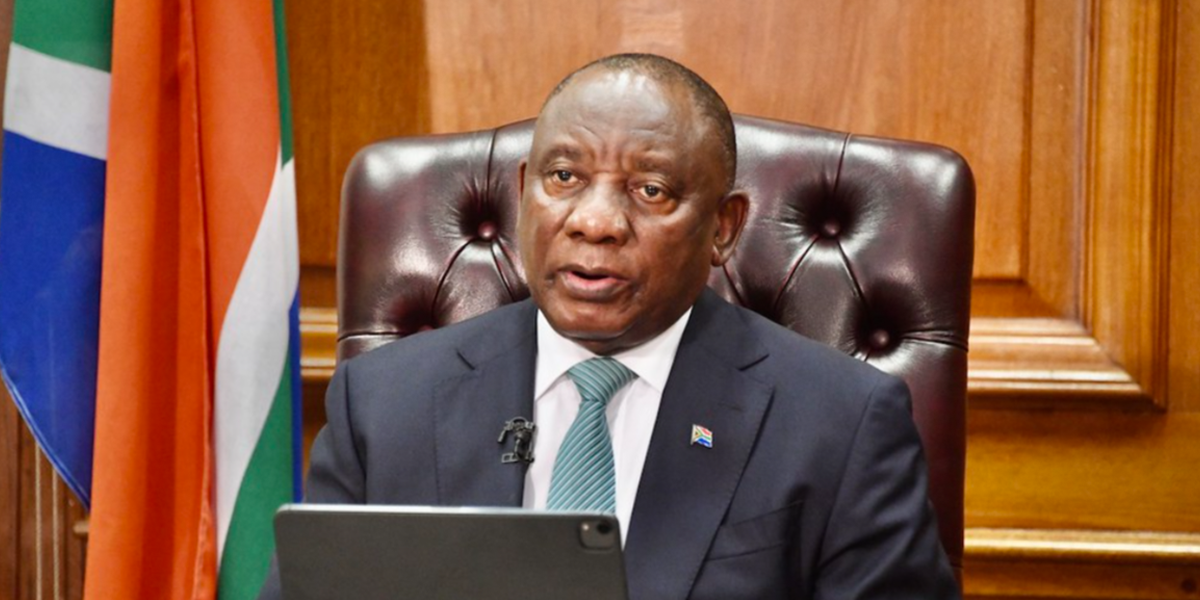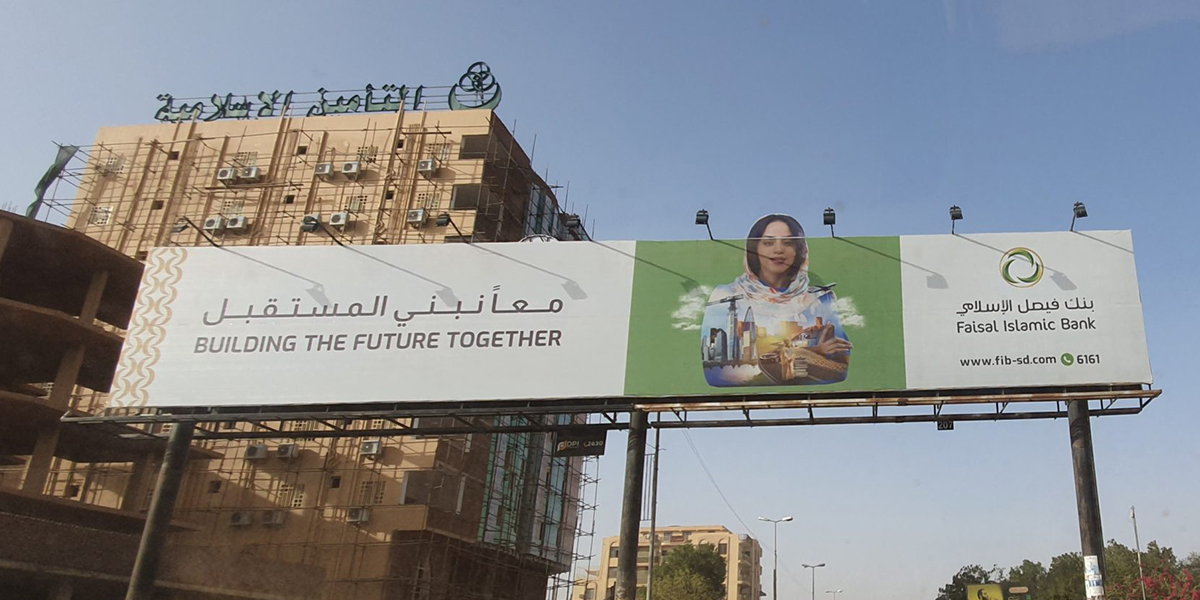News
Ramaphosa Needs to Move from Tinkering to Reforming
Cyril Ramaphosa's move against corruption is a small step in a bigger project to clean up the country after the Zuma years. His challenge now is to reform and to get the state to exit from the things it is demonstrably unable to run.

Director, The Brenthurst Foundation

Research Director, The Brenthurst Foundation

President Cyril Ramaphosa is finally walking the talk when it comes to fighting corruption. Since his ascent to power in 2018, he has appointed new leadership for the prosecution service and talked big about the need to combat the “nine wasted years” under President Jacob Zuma.
But, as the mountain of evidence of theft, graft and patronage unearthed by the Zondo Commission appeared to grow a mile higher every day, the public has asked why no action appears to have been taken against the ANC bigwigs named and shamed in the evidence.
This has not been helped by the deference shown to former president Jacob Zuma who has openly defied a Constitutional Court order to testify at the commission. Instead of being condemned, he has been indulged by ritual visits by the leadership to his Nkandla compound where he has served tea and sour grapes.
And there has been the continuation in office of ANC Secretary-General Ace Magashule despite a raft of criminal charges over the asbestos scandal in the Free State and a looming charge sheet over the Estina dairy scam.
This week the prevarication ended with the ANC finally suspending Magashule and standing by the decision when Magashule resorted to Grade 3 tactics and “suspended” Ramaphosa.
It has always been Ramaphosa's modus operandi to prevaricate until the playing field is tilted his way, at which point he can be quite ruthless. When he gained clear control of the NEC earlier this year, the writing was on the wall for his political opponents, particularly those who had begun to dig their own graves.
But the move against Magashule is only a small step forward in the bigger project to clean up the country and get it back on track after the Zuma years.
Returning the country to “normality” could mean going back to the old ANC approach of rent extraction and tender enrichment for the political elite, but this time, done within the boundaries of the law. When Smuts Ngonyama famously said he did not struggle to be poor, he was not talking about looting the state, Gupta-style, so much as using the legal and regulatory avenues opened for comrades to extract rent.
The trouble with this sort of “normality” is that it is not sustainable.
During Mbeki's final term as president, the economy was running hot with growth of more than 5% for several consecutive years. In such an environment, business shouldered the burden of rents because it had the margins to absorb them and it could grudgingly say this was the cost of not having a revolution as much as doing business in a rising economy.
In the present low-growth environment, rent seeking is not sustainable as margins are thin and many businesses are struggling to return to pre-Covid activity.
There are signs that Ramaphosa is intent on improving government performance, not least by the establishment of Operation Vulindlela, which seeks to unlock investment in core infrastructure such as rail, ports, potable water and energy. This is a concerted focus of the presidency and it is being driven by some of the most capable minds in government.
If improvements can be made to logistics costs and the certainty of affordable and reliable energy can be conjured up, this will go some way to addressing the cost of doing business and may unlock much-needed investment.
This is perhaps even more the case when it comes to state-owned enterprises which continue to fail the people. The parlous state of rail — whether this be cheap commuter transport or a more efficient logistics chain for mining and manufacturing — is a case in point. Changes at the highest levels of Transnet will not, on their own, return the railways to proficiency. This will require the hiring of the best and brightest engineering talent, not to mention a comprehensive security solution which the police appear unwilling or unable to provide.
At Eskom, efforts are being made to right the ship, but load shedding looms once more as unit after unit fails despite the best efforts of the new management. The procurement of emergency power via powerships is already being questioned. Is this strange decision to write a 20-year contract with the Turks for three power ships a new source of rents or a viable solution to our power challenges?
But this initiative faces the daunting task of undoing decades of embedded political interests in state-owned enterprises and in the kingdoms that ministers preside over, while re-investing public-private partnerships. It is not a task for the faint of heart.
The Vulindlela unit is focused on infrastructure, but there are many other urgent reforms that also need attention, not least the unlocking of the country's economic potential by reforming a labour regime that has enabled one of the world's worst unemployment rates, and the removal of regulatory barriers to starting and running new enterprises that will employ the vast army of youths who find themselves on the outside looking in.
Whether Ramaphosa — whose constituency lies within labour and the ANC left — is capable of this pivot remains to be seen. It is perhaps telling that Operation Vulindlela dodges labour market reforms. South Africa's jobs catastrophe is no accident. The blame lies at the door of deals cut with big business, government and labour that brought us a labour relations regime that penalises the absorption of labour along with the wholly ineffective Nedlac, which reinforces the privilege of organised labour over the unemployed.
In this respect, South Africa remains a prisoner of its past.
Another massive task that lies ahead is the reform of the state, radically improving productivity while containing costs to ensure that there is a much higher level of service delivery.
The phrase “building a capable state” is frequently used as a catchphrase for improving delivery. It might be wiser, given the scarcity of financial resources, to start building a “smart” state that abandons patronage jobs and instead seeks to attract the best and brightest.
The assumption is that a capable state is the answer. But this suggests an expansive state that sucks up more economic oxygen and avoids dealing with the need for the state to step back from involvement in things it lacks the capacity and skill to manage. Should the state be micromanaging ports that are uncompetitive, for example?
South Africa remains a prisoner of out-of-date ideological convictions about the primacy of the state in the economy. The challenge is to begin “sexit” — the state's exit from the things it is demonstrably unable to run. It's time to give someone else a chance.
Again, the question of legitimate rents comes into the frame. While wholly legal, it is undesirable that the civil service is staffed with many underqualified officials — card-carrying party members in most cases — who are being rewarded with government salaries without producing the goods and services required to improve the lives of citizens. This is not to deny that there are civil servants motivated to improve the public good, but they appear to be few and far between.
What needs to be done to fix the civil service?
The present incentive structure — work hard or not at all and earn the same money — has led to a steady drop in productivity even as compensation has risen above private-sector levels. It is no way to run a railroad. Nor is the dream of publicly minded individuals making sacrifices for the good of the country — although there may, once again, be some who have this motivation.
What is needed is a great alignment of earnings to productivity.

The example is staring Ramaphosa in the face. The South African Revenue Service was transformed from a roomful of Hansa-drinking accountants into a dynamic, creative and highly effective branch of the civil service in the years leading up to Zuma's systematic destruction of its capacity.
This was achieved by ring-fencing SARS and placing it outside the regular civil service compensation arrangements, enabling it to attract the best talent, and to pay them based on performance. Unsurprisingly, SARS outperformed and government revenue collection in the Mandela and Mbeki years constantly outstripped expectations. There were, unbelievably, years when a budget surplus was produced.
Why restrict this model to SARS? If senior government officials are paid according to their productivity and the extent to which they meet delivery targets, this will cause them to hire more effective civil servants and to partner with those who have the expertise to bring about success.
Attempts to introduce such incentives are resisted by the trade unions whose members perhaps sense that they might not thrive if placed under pressure to perform, but this is a poor reason to continue on the slide to non-delivery.
The SARS example could be followed with the creation of a trade and investment promotion unit, established not as an adjunct of dti, but along the lines of the Singapore Economic Development Board, a tight ship run along commercial lines and paying commercial salaries that deals in hard investment metrics rather than vague promises.
There are other segues to free business from an unsmart state. If South Africa is unable to improve the competitiveness of its logistics network of ports and rail, it is going to find it hard to grow, no matter the mercantilist, protectionist options being pursued by the government.
Only Durban today makes the top-12 African ports in terms of efficiency, and only just, in 11th place, below the likes of Cotonou, Dakar, Conakry, Djibouti, Doula and Abidjan. Cape Town and Qqeberha are not there at all. Port delays in 2019 at Durban, which handles two thirds of SA's container traffic and is a gateway to southern Africa, averaged over 90 hours at Pier Two. With six berths, the pier has a capacity to handle 2.9 million containers annually, or 80% of Durban's capacity.
You can't grow a pipeline of globally competitive businesses with such constrictions.
For those institutions which remain in the state ambit, the new rules have to be clear: pay proper salaries, expect real results, or there's the door.
The first marker on the road to the political system that permits these changes is there with the move on Ace. Jacob Zuma will have to be next. Market (and investor) confidence will grow as the politics permits. The re-establishment of the rule of law and the power of an alternative in the shape of the opposition are likewise essential governance pillars.
And yet investment — and the all-important jobs — will only flow when the state becomes a mechanism for reform and the creation of opportunity rather than control and redistribution of rents through civil service and parastatal jobs and government contracts.
The markers by which economic reforms are to be taken seriously are thus clear: the extent of the exit of the state, not the effectiveness of its involvement.
When it comes to economic renewal, Ramaphosa needs to demonstrate that he is a reformer, not a tinkerer.
This article was originally published on Daily Maverick. (Photo: GCIS)

